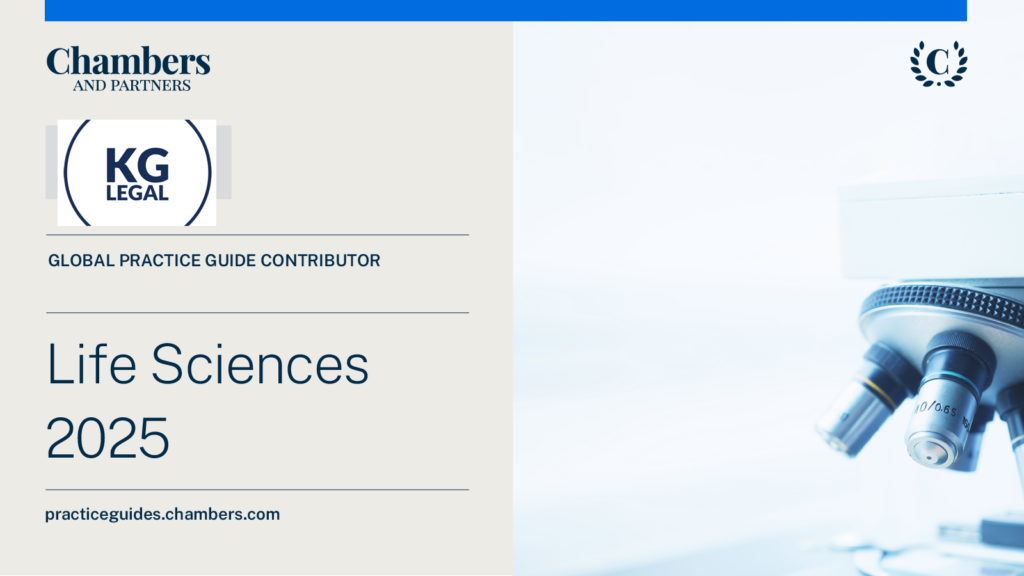ARTIFICIAL INTELLIGENCE IN HEALTHCARE
Publication date: April 07, 2025
LAWYERS OF KIELTYKA GLADKOWSKI KG LEGAL TAKE PART IN TRAINING ORGANISED BY LIFE SCIENCE CLUSTER, on the example of SeniorAngel.app project
Artificial intelligence has become an integral part of modern medicine. Its use in diagnostics, therapy and healthcare system management is revolutionizing the way patients are diagnosed and treated. Thanks to increasingly advanced algorithms and systems based on machine learning, AI contributes to improving the quality of medical care, increasing efficiency and reducing costs. Artificial intelligence (AI) plays a key role in medical diagnostics, supporting doctors in diagnosing diseases based on medical data, images (such as X-rays, magnetic resonance imaging) and laboratory test results. Thanks to algorithms for analyzing medical images, AI can detect diseases such as cancer, heart disease or neurological changes. AI also supports the personalization of treatment, analyzing patient data such as medical history, genetic data or lifestyle to adapt therapy to individual needs, which improves its effectiveness. AI algorithms can also predict the risk of diseases based on population and historical data, allowing the implementation of preventive measures. In addition, AI supports the optimization of hospital processes, such as managing schedules, drug stocks or forecasting the need for hospital beds. AI is also used to monitor patients’ health, analyzing data from wearable devices such as smartwatches or biometric sensors to monitor parameters such as blood pressure, heart rate, and glucose levels, allowing for early detection of health changes. AI also supports medical data management, facilitating their storage, analysis, and processing, which improves access to medical databases and facilitates collaboration between specialists. In the area of telemedicine, AI supports remote care services, helping doctors diagnose and monitor patients’ health remotely.






